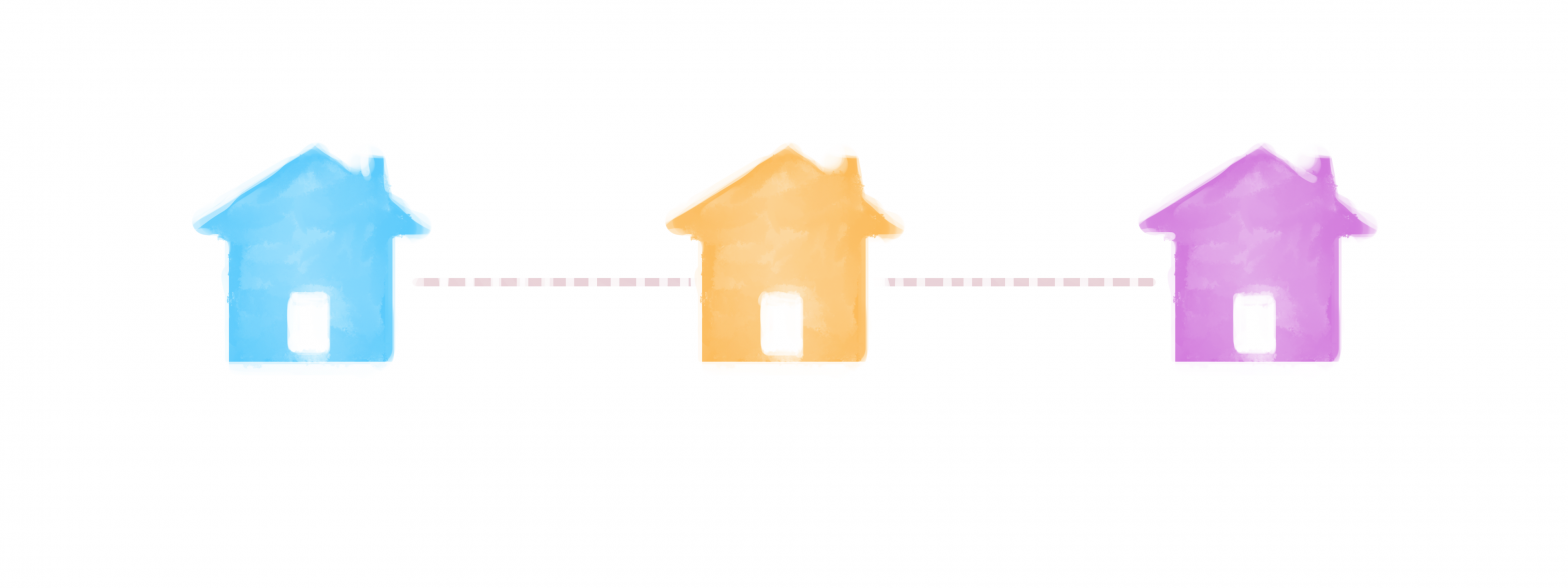By Dan Schwarz, MD, MPH, and Asaf Bitton, MD, MPH
Adapted from Social Distancing: This is Not a Snow Day
Information available in Spanish here.
“What we do, or don’t do, over the next week will have a massive impact on the local and perhaps national trajectory of coronavirus. We are only [a few] days behind Italy.”
— Asaf Bitton, MD, MPH (Social Distancing: This is Not a Snow Day)
Since posting “Social Distancing: This is Not a Snow Day,” we’ve been asked for specific information for families with school-aged children, and have adapted the recommendations below.
Last week, Dr. Asaf Bitton shared a post about the need for people to stay apart during the coronavirus outbreak. By staying apart, we can slow the spread of the virus. We don’t have enough hospital beds and equipment to help everyone who might get sick. So, it’s important to keep the number of sick people low.
Since then, schools across the country have shut down. Parents may be left wondering what they can do to help keep their families and communities healthy.
The first thing to remember is that kids and teens who seem healthy can still give the virus to peers and elders. Keep your kids and teens at home and in contact only with your household. The less interaction, the better.
We have to work together as a community to stay healthy by staying apart. Doctors call this social distancing.
Staying apart stops the virus from spreading and helps make sure fewer people get sick. We all have a part to play in keeping our families and communities safe.
Teach everyone in your family to wash hands with soap often, and don’t touch your face!
And let’s make daily choices to stay away from each other as much as possible. Here are some tips for what to do and what to avoid during this time:
1. Work from home (as much as possible).
If you must work outside the house, wash hands frequently with soap, and use hand sanitizer. Don’t touch your face. Clean your doorknobs with bleach so you don’t bring the virus home.
2. Avoid indoor public spaces like museums, concerts, & religious gatherings. Cancel events and public gatherings.
3. No playdates, teen hangouts (even small ones), parties, or sleepovers, for children or youth. Avoid families or friends visiting each other’s houses and apartments. Don’t host groups.
For families who still need to rely on outside childcare while they work, try to minimize the number of other children in the group, and keep the childcare site consistent. When absolutely necessary, any socializing should be done outdoors, rather than indoors, with just one or two other people standing at least six feet away from each other, but should overall be kept to a minimum.
4. Exercise and play outside.
Play games that don’t require physical contact, or go for a family walk. When outside, keep kids (and teens and yourselves) at least six feet away from non-family members.
5. Don’t use public playground structures.
Coronavirus can live on plastic and metal for two to three days.
6. Stay connected through phone, video, and other social media.
It’s important to stay physically apart, but technology can help you stay in touch.
7. Do not visit nursing homes or visit large groups of elders. Their lives are most at risk.
Remember that you can pass on the virus, even if you don’t have symptoms.
8. Go less often to the supermarket.
Go only when you need to, and go at times when it is less busy. Wash your hands before and after your trip. (If you have the money, consider using grocery delivery services and support local restaurants by buying gift certificates online that you can use later.)
9. If you are sick, isolate yourself, stay home, and call a medical professional.
Don’t just go to a clinic: resources are precious and you might get sicker.
We’re in this together! #KidsHomeSafe!
The more we do right now to stop spreading the virus, the better chance we have to stop more people from getting sick.
Dan Schwarz is the Director of Primary Health Care at Ariadne Labs and an Instructor at Harvard Medical School.
Asaf Bitton, MD, MPH, is the executive director of Ariadne Labs.



